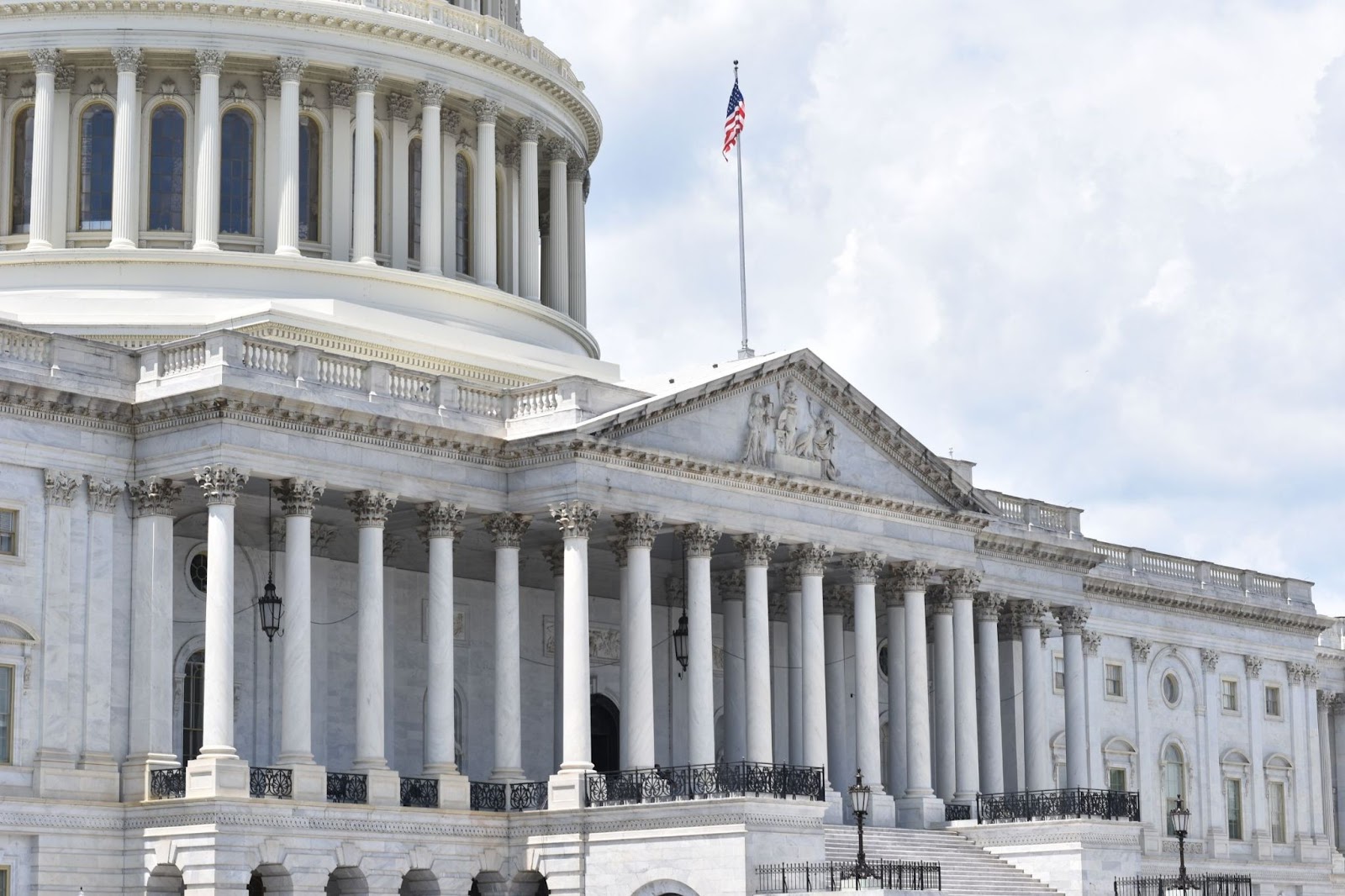Businesses that sell into Maryland but haven’t properly registered, collected, or remitted sales tax often face a tough decision: come forward voluntarily or wait until the state finds you. For companies with historic liabilities, the Maryland Voluntary Disclosure Agreement (VDA), also referred to as the Voluntary Disclosure Program (VDP), provides a path to compliance while reducing risk.
What is a Voluntary Disclosure Agreement (VDA) / Voluntary Disclosure Program (VDP)?
A Voluntary Disclosure Agreement (VDA) or Voluntary Disclosure Program (VDP) is an arrangement between a taxpayer and a state revenue agency. In Maryland, it allows businesses that may have unreported sales tax liabilities to disclose their obligations proactively in exchange for:
- Reduced lookback period (limiting how many years of back taxes must be paid)
- Waiver of penalties
- Avoidance of criminal or civil tax enforcement
In short: a Maryland VDA for sales tax is about resolving past noncompliance before the state’s Comptroller audits you.
Why Does the Maryland Sales Tax VDA / VDP Exist?
Like many states, Maryland recognizes that businesses sometimes fail to comply with sales tax obligations due to:
- Lack of awareness about nexus (economic or physical presence in the state)
- Misunderstanding of taxability rules for products or services
- Failure to register after crossing economic nexus thresholds (post-Wayfair)
- Using online channels or marketplace sales without realizing collection duties
The state’s goal is to encourage voluntary compliance. By offering reduced penalties and limited back taxes, Maryland increases revenue collection without devoting as many resources to enforcement.
Key Features of Maryland’s Sales Tax VDA / VDP
1. Eligibility
- Businesses must not have already been contacted by the Maryland Comptroller regarding sales tax.
- Companies must voluntarily approach the state before audit or enforcement begins.
- Applies to businesses with unregistered sales tax liabilities (e.g., uncollected or unpaid sales tax).
2. Lookback Period
- Standard audits can look back 7 years or more.
- Under the VDA, Maryland typically limits the lookback to 4 years (sometimes fewer, depending on facts).
- This can mean significant savings if a business has operated in Maryland for a long time without compliance.
3. Penalty Relief
- Penalties are generally waived under the VDA.
- Interest is usually not waived and must be paid on outstanding liabilities.
4. Confidentiality
- Businesses can engage the Maryland Comptroller through a representative (e.g., a tax compliance firm like Commenda) without disclosing their identity initially.
- This protects companies until terms are negotiated.
Benefits of Using the Maryland Voluntary Disclosure Agreement (VDA) for Sales Tax
- Reduced Financial Exposure: Pay fewer years of back taxes instead of the full statutory period.
- Penalty Relief: Eliminate steep penalty assessments that can sometimes equal 10–25% of liability.
- Avoid Criminal Exposure: Voluntary disclosure can prevent fraud-related charges.
- Certainty: Formal closure of past liabilities provides a clean slate for the future.
- Better Investor Standing: Many VCs and acquirers insist startups clean up state tax exposures before funding or M&A.
Risks of Not Using the VDA
If a business chooses to “wait and see,” Maryland could:
- Conduct a full audit, demanding 7+ years of back taxes.
- Impose penalties and interest on unpaid liabilities.
- Pursue collection actions (liens, garnishments).
- Share noncompliance information with other states where the business may also be exposed.
Put simply: once the Comptroller reaches out, the VDA option is off the table.
The Maryland VDP Process for Sales Tax
- Initial Contact
- A representative (like Commenda) approaches the Comptroller anonymously, describing the company’s situation.
- A representative (like Commenda) approaches the Comptroller anonymously, describing the company’s situation.
- Eligibility Confirmation
- Maryland confirms whether the business qualifies for the VDP (i.e., not already under audit).
- Maryland confirms whether the business qualifies for the VDP (i.e., not already under audit).
- Negotiation of Terms
- The lookback period, penalty waiver, and disclosure scope are discussed.
- The lookback period, penalty waiver, and disclosure scope are discussed.
- Agreement
- A formal agreement (the VDA) is signed.
- The taxpayer’s identity is disclosed at this stage.
- A formal agreement (the VDA) is signed.
- Filing and Payment
- The business files the required past-due sales tax returns for the agreed lookback period.
- Full payment of tax and interest is required (but penalties waived).
- The business files the required past-due sales tax returns for the agreed lookback period.
- Future Compliance
- The business must register and remain compliant with Maryland sales tax going forward.
- The business must register and remain compliant with Maryland sales tax going forward.
Who Should Consider a Maryland Sales Tax VDA / VDP?
- E-commerce companies selling into Maryland without registering post-Wayfair.
- SaaS providers or digital service firms with taxable offerings under Maryland rules.
- Out-of-state companies with employees, contractors, or inventory in Maryland.
- Foreign companies (Canada, UK, EU, etc.) selling to U.S. customers without realizing nexus exposure.
If you suspect you’ve had Maryland sales tax exposure in prior years, pursuing a VDA/VDP now could save substantial money.
Why Act Now?
Maryland has been increasingly aggressive in identifying noncompliant businesses through:
- Data matching with IRS records
- Marketplace facilitator reporting
- Sharing information with other states
Waiting increases the chance that Maryland contacts you first, at which point the VDA/VDP option is lost.
How Commenda Helps Businesses with Maryland VDAs
Navigating a Voluntary Disclosure Agreement (VDA) or Voluntary Disclosure Program (VDP) in Maryland requires expertise in:
- Sales tax nexus analysis
- Negotiating lookback periods
- Filing back returns correctly
- Coordinating registration and forward compliance
At Commenda, we specialize in multi-state sales tax compliance. Our experts help businesses:
- Assess historical sales tax exposure in Maryland
- Negotiate VDA/VDP terms with the Comptroller
- File accurate back returns and remit liabilities
- Set up compliant systems for future reporting
If your business has unpaid Maryland sales tax liabilities, don’t wait.
Talk to a Commenda VDA specialist today and resolve your exposure before Maryland reaches out first.











